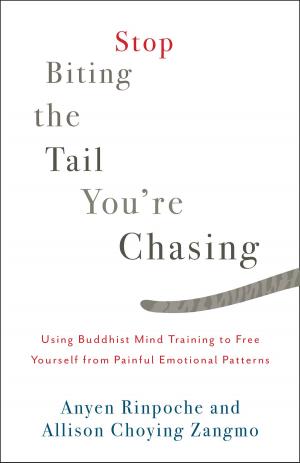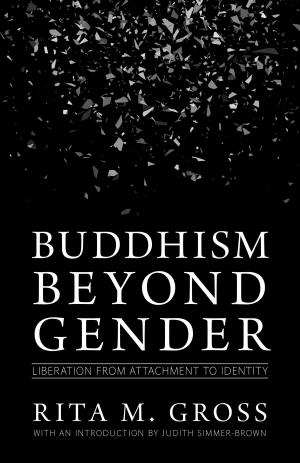Where Can Peace Be Found?
Nonfiction, Religion & Spirituality, Eastern Religions, General Eastern Religions, Philosophy, Eastern, Mind & Body| Author: | J. Krishnamurti | ISBN: | 9780834827363 |
| Publisher: | Shambhala | Publication: | January 11, 2011 |
| Imprint: | Shambhala | Language: | English |
| Author: | J. Krishnamurti |
| ISBN: | 9780834827363 |
| Publisher: | Shambhala |
| Publication: | January 11, 2011 |
| Imprint: | Shambhala |
| Language: | English |
Widely recognized as one of the most influential spiritual teachers of the twentieth century, Jiddu Krishnamurti taught that in order for there to be peace in the world, we must each first make peace with ourselves. No spiritual path, leader, or personal or political philosophy will guide us in this endeavor, he said; this transformation of the human psyche is a truth that each of us must discover within.
Here, Krishnamurti teaches that the war and destruction human beings wreak on each other and the environment are caused by our misplaced attachment to a sense of self and individuality that leads to aggression, competition, greed, and conflict. When we recognize that our consciousness is not individual but common to all humans, we can work together in a spirit of cooperation and compassion. Krishnamurti shows that taking personal responsibility for our actions and reactions—in our relationships and in our lives—is the necessary first step toward a global view
Widely recognized as one of the most influential spiritual teachers of the twentieth century, Jiddu Krishnamurti taught that in order for there to be peace in the world, we must each first make peace with ourselves. No spiritual path, leader, or personal or political philosophy will guide us in this endeavor, he said; this transformation of the human psyche is a truth that each of us must discover within.
Here, Krishnamurti teaches that the war and destruction human beings wreak on each other and the environment are caused by our misplaced attachment to a sense of self and individuality that leads to aggression, competition, greed, and conflict. When we recognize that our consciousness is not individual but common to all humans, we can work together in a spirit of cooperation and compassion. Krishnamurti shows that taking personal responsibility for our actions and reactions—in our relationships and in our lives—is the necessary first step toward a global view















